7 foods you should never eat before going for a run
These are the foods you should avoid before exercise
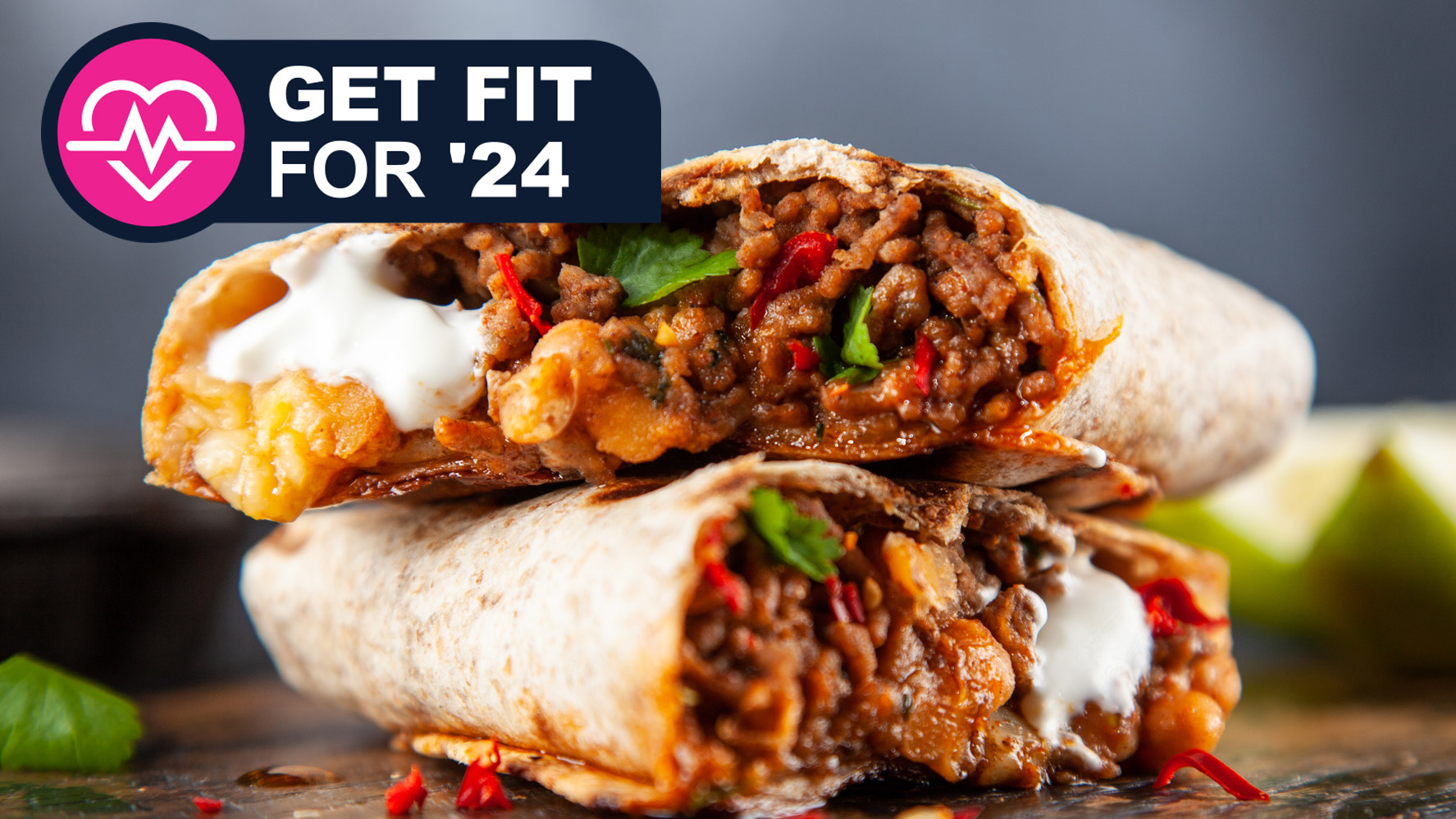
To get the most out of your running performance it is key to fuel yourself efficiently. Whether you are gearing up to try a 5K run (and if you are, check out our Couch to 5K beginners guide), exploring a new trail route for an hour or taking on a long-distance challenge, eating the right food beforehand will help you go that extra mile without crashing.
Although some people prefer to run in the morning before eating anything, running fasted might not always be a great idea. Some endurance athletes run without eating as a strategy to become more efficient at burning fat, as do popular actors: Henry Cavill famously does fasted cardio to burn fat before filming each season of The Witcher.
In an analysis of 1,950 athletes found that for many, fasted cardio did not help their training. In fact, the athletes actually performed worse, and it led to greater levels of hunger during the day.
"There is some science which suggests that running fasted could lead to a greater proportion of fat burning during the run than if you had eaten something, particularly if this is low-to-moderate in intensity effort," says David Rogerson, principal lecturer in sport and exercise science, Sheffield Hallam University.
"But research on this topic is quite mixed. For most people, especially if you are relatively new to running, it would probably be a good idea to eat something before you go out on your run."
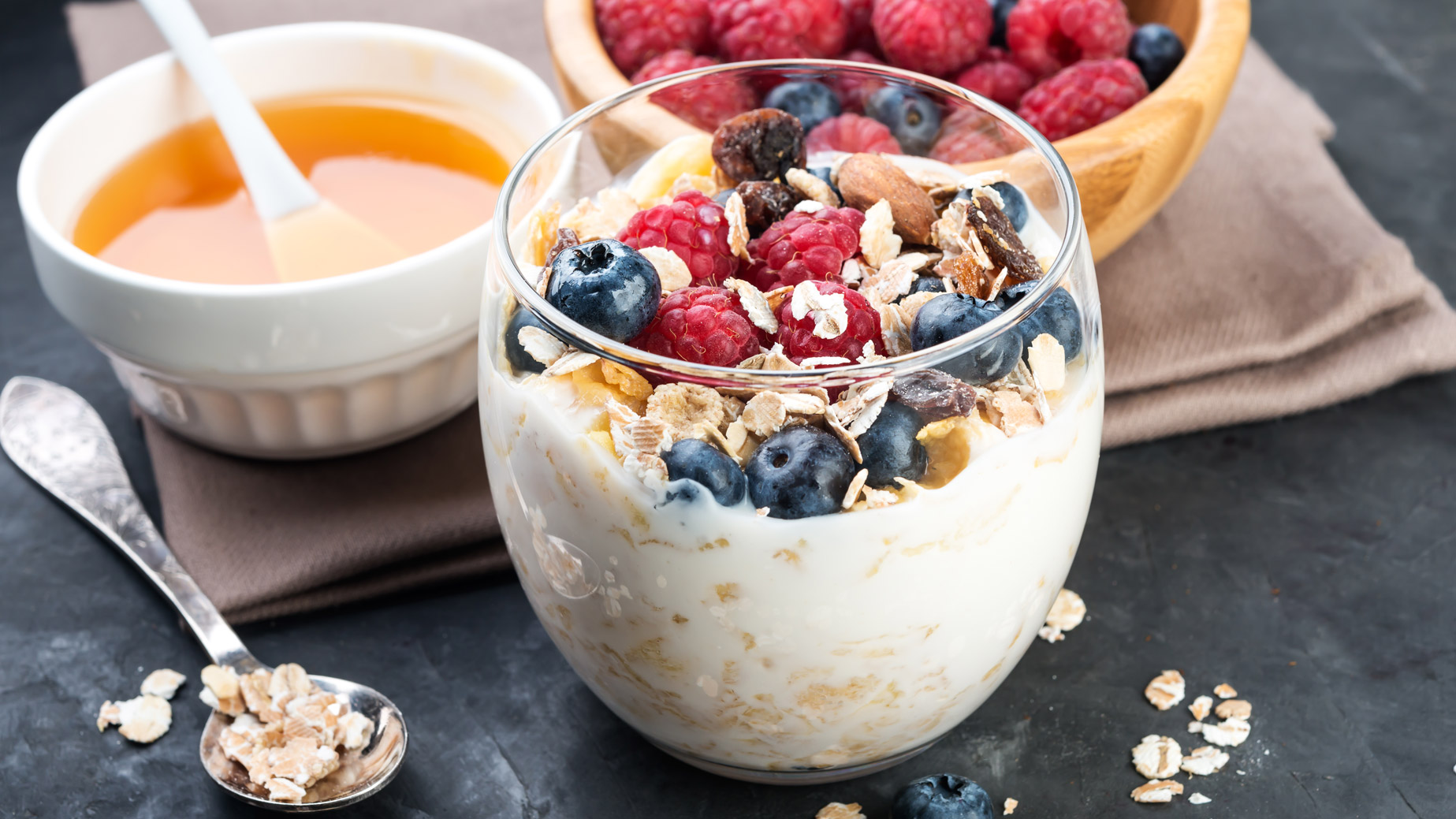
The reason it is important to eat before running is that carbohydrates fuel our activity and protein provides us with the amino acids needed to help us recover afterward. Eating something that contains both is therefore a good idea for most people.
Research, including a review of pre-exercise nutrition published in the journal Nutrients, generally recommends that runners eat something rich in carbohydrates one to two hours before exercise, that also contains some protein.
Get daily insight, inspiration and deals in your inbox
Sign up for breaking news, reviews, opinion, top tech deals, and more.
"I generally recommend that most people eat a light mixed meal or snack, that also contains a little bit of fat too. The fat will help you to stay fuller for longer and can help to prevent energy crashes," says Rogerson.
Exactly what to eat can be quite individual and will depend on what you can personally tolerate. A trial and error approach is often advisable because it is worth experimenting to find out what works best for you and does not cause any GI distress such as cramps, stitch, bloating or diarrhea. Rogerson recommends the following pre-running snacks:
- English muffin with peanut butter, banana, and a glass of milk
- Porridge, made with milk, with walnuts, apple, and cinnamon
- Greek yoghurt, with berries, and topped with low-sugar granola
- Sourdough bread, with honey and banana.
If you only have a small amount of time before you go out for your run, then a small snack with around 30g of easily digestible carbohydrates could be a good idea. This could include bananas, cereal bars, rice cakes or oatcakes.
But what about the foods you should never eat before running?
"Foods to avoid before going on a run would be things that will sit heavily, make you feel bloated, and that contain a lot of fibre. Some people will also find that sugary foods can cause an energy crash, so avoiding sugary drinks, sweets and snacks might be a good idea too," advises Rogerson.
Here are the top foods you should never eat before going for a run:
1. High fiber foods
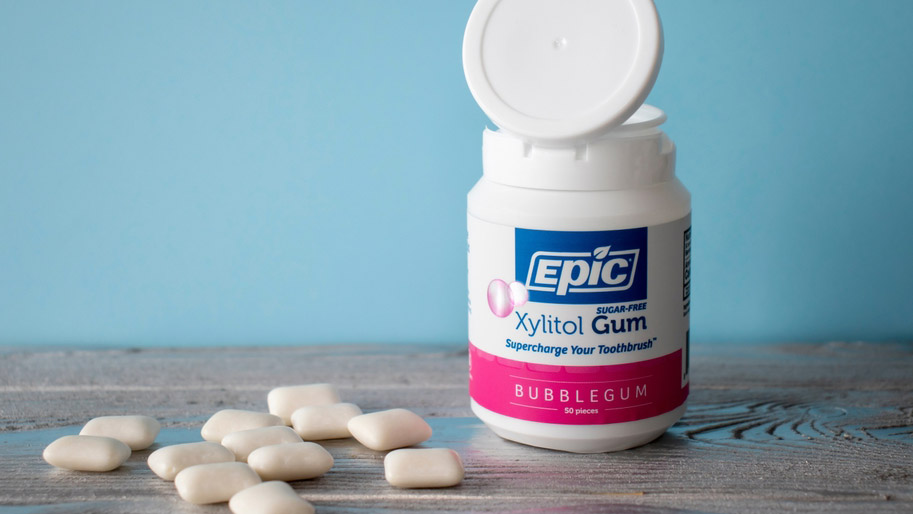
A survey of endurance runners published in the Journal of the International Society of Sports Nutrition found that 23 percent of athletes avoided otherwise-healthy high-fiber foods before a race. This was particularly the case for women running longer than 10km and for athletes competing in marathons and ultra-marathons. This meant cutting out legumes, beans, lentils, nuts and fruit.
Further research has linked dietary fibers to intestinal cramps as well as both constipation and diarrhea.
2. Fatty foods
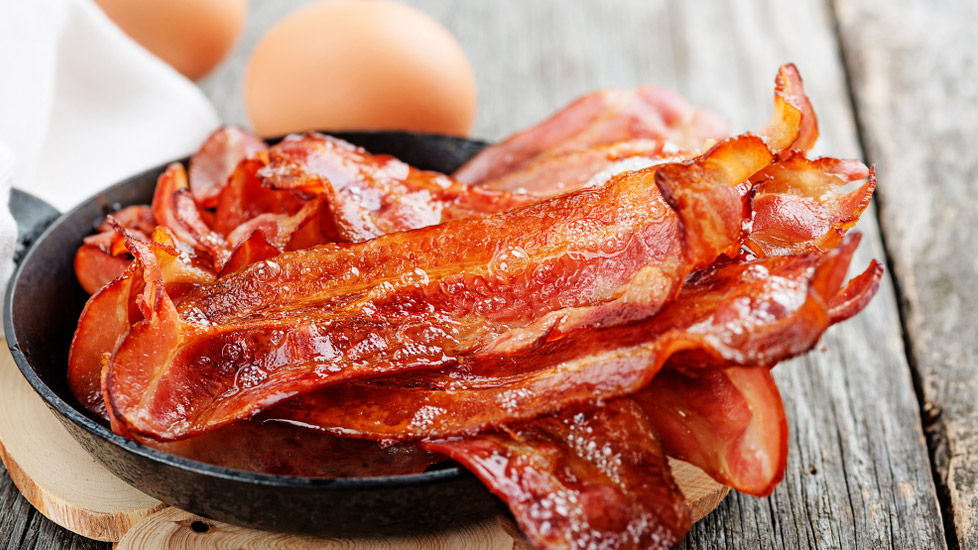
Fried and fatty foods such as sausages and bacon are not recommended because they can sit heavily in the stomach and make you feel sluggish and uncomfortable. Laboratory studies have shown that eating fat can result in more symptoms of fullness, bloating and nausea and may exacerbate indigestion.
3. Sugary sodas
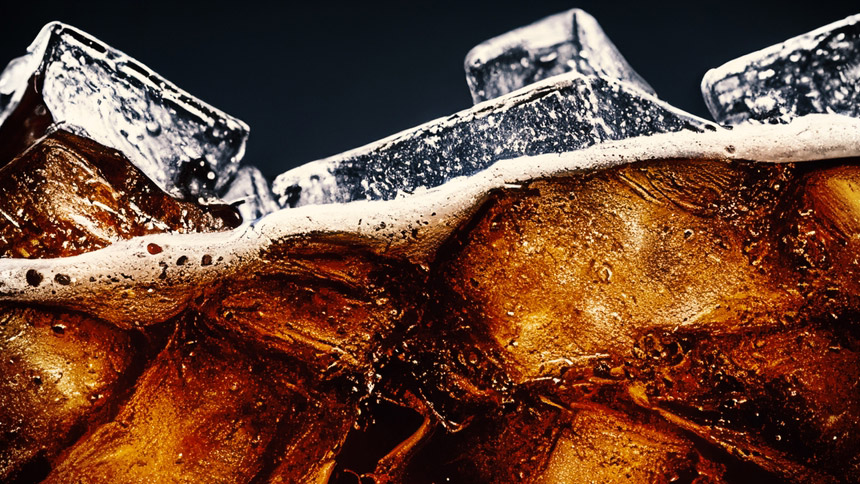
You might think chugging a bottle of cola is a good way to get an energy boost but sugary drinks including lemonade and some energy and sports drinks give a quick spike of glucose to the blood before leading to a bigger energy crash. If you do have a sports drink make sure it has a combination of carbohydrates rather than just one sugar energy source.
4. Spicy food
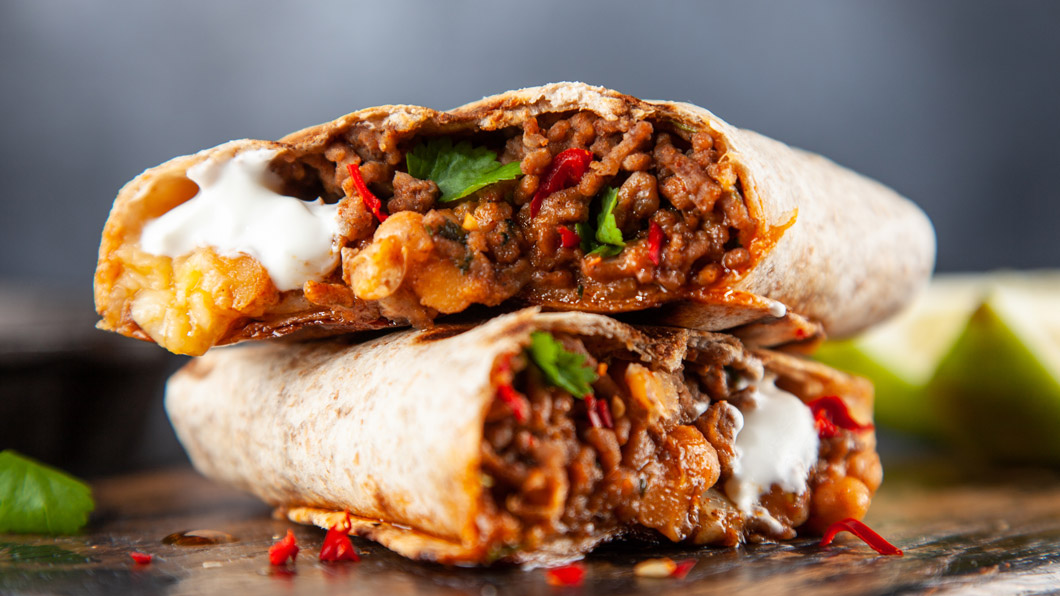
A burrito the night before a race might sound enticing but it's probably a bad idea. The capsaicin (an ingredient of chili peppers) found in spicy foods can cause indigestion and heartburn as evidenced in a paper published in Trends in Food Science & Technology. It can also have a negative effect on metabolism and upset your stomach and intestinal lining.
5. Dairy products
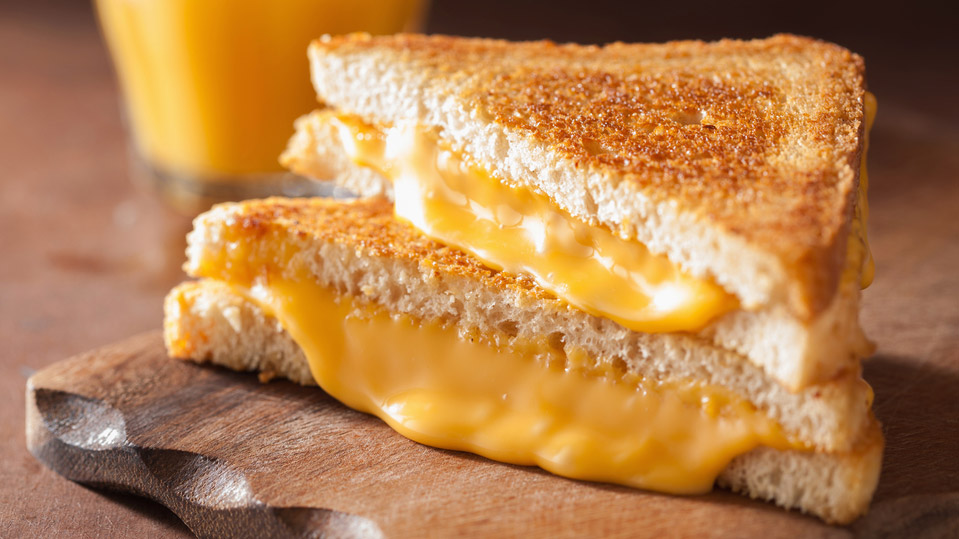
Some people find that dairy products can be a problem, particularly if they are lactose intolerant.
If you have ever experienced any stomach issues such as cramps, diarrhea or bloating having eaten dairy foods, then it would be a good idea to give these a miss before a run.
6. Artificial sweeteners

If you are avoiding sugar don't replace it with artificial sweeteners. Products containing sorbitol, xylitol and erythritol can have a laxative effect and are often found in sugar-free chewing gum.
7. Caffeine

Runners will often use caffeine before training and in competition to create a performance advantage and improve fat burning. But coffee can also stimulate the digestive system and cause some people to need to go to the toilet. "Decaf can have the same effect too, so it might be that this effect is down to chemicals in the coffee such as gastrin and cholecystokinin. If in doubt, avoid it," says Rogerson.
You might also like:
Lily Canter is a UK Athletics running coach, ultra-runner and a freelance running and fitness journalist who writes for TechRadar, Runner's World, Fit&Well and Live for the Outdoors, among others. Her ultra-running credits include running 250km across Tanzania, and placing first female in her inaugural 100km race.
